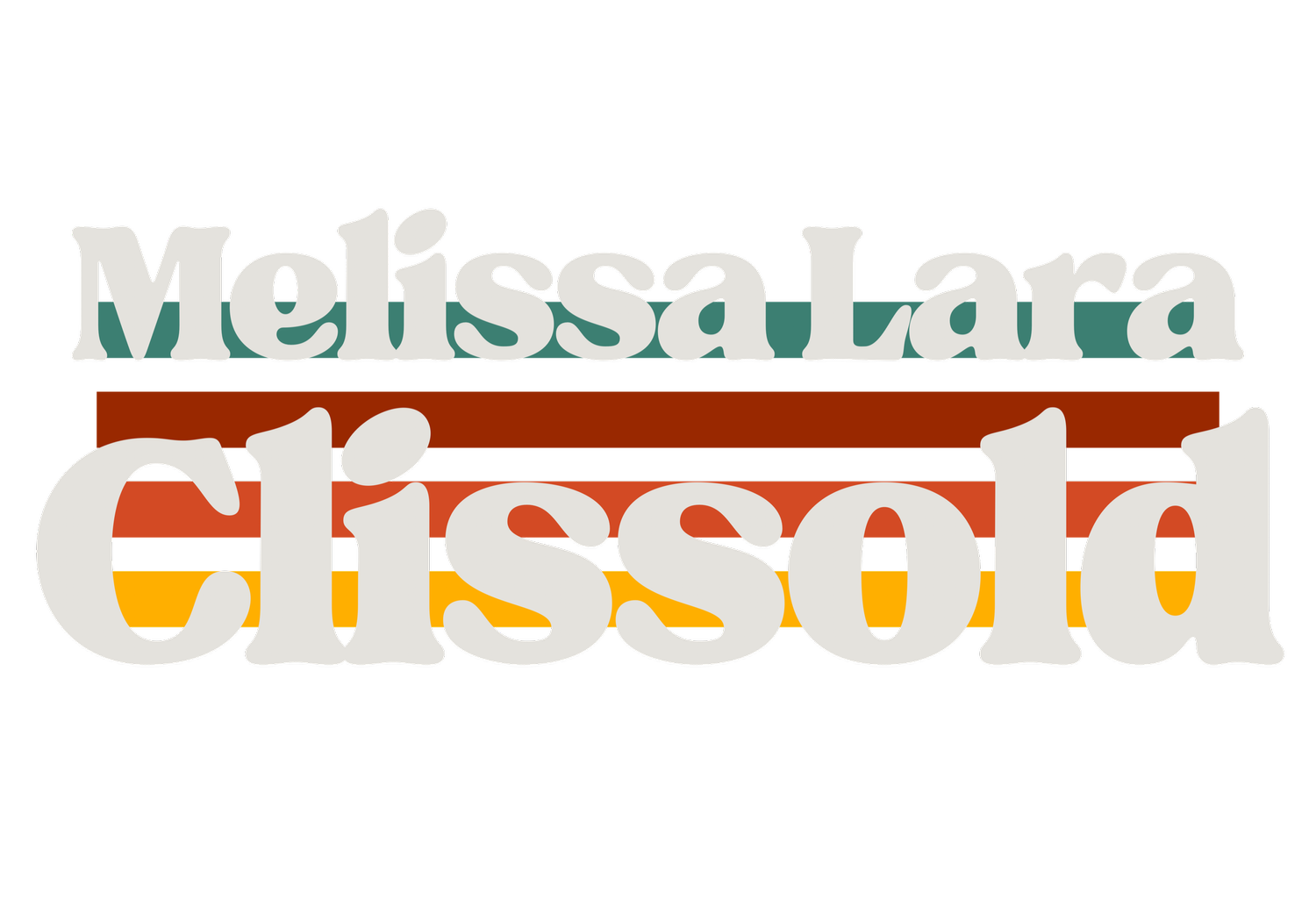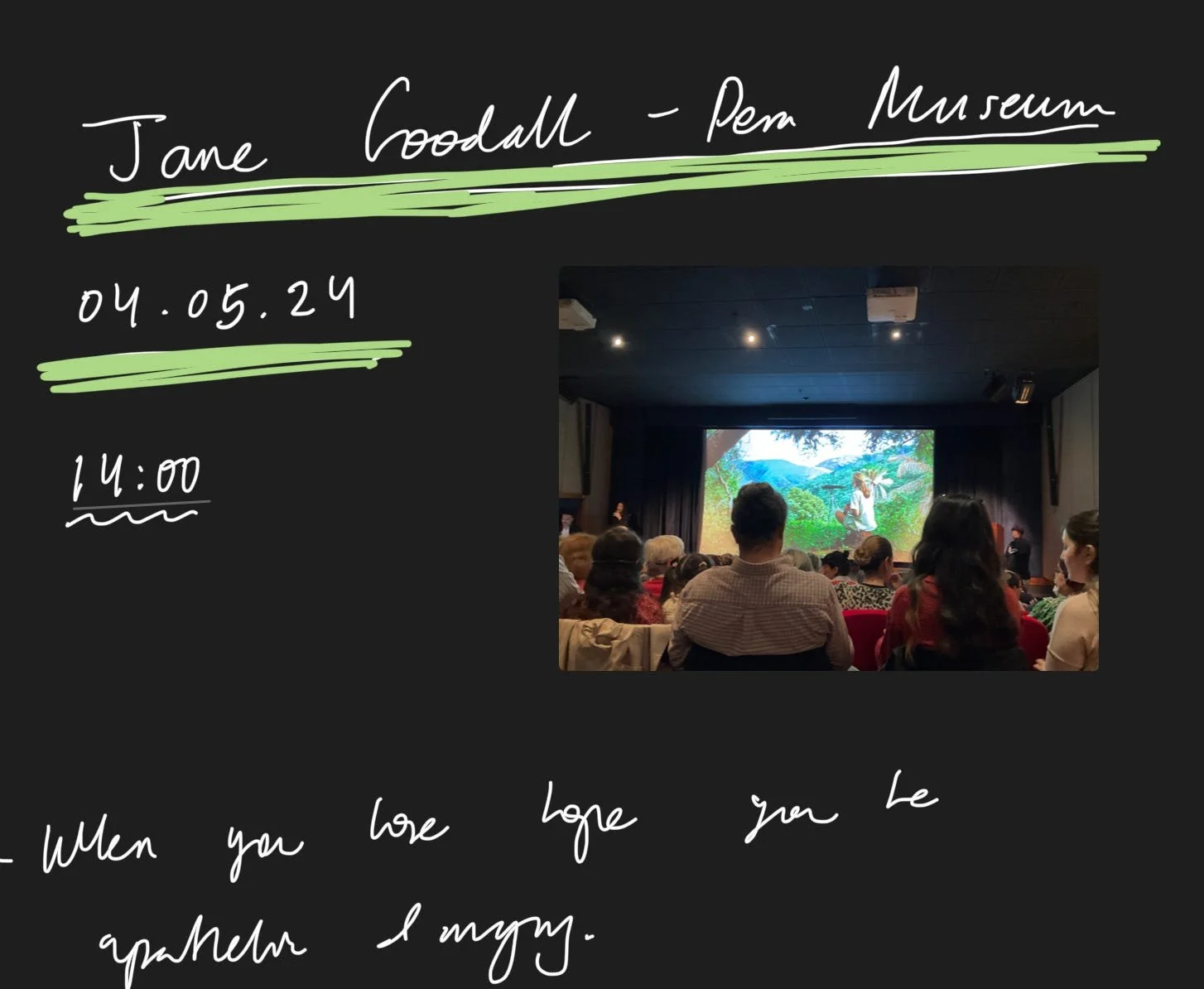The Future
To fantasise, to dwell—or to hope?
Since I was a kid, I’ve absolutely loved quotes. I collect them (in various notebooks), in my mind (badly) or now through visuals generated on Readwise (I absolutely love this app - hats off to Ali Abdaal for recommending this in his blog post ‘How I remember what I read.’)
Anyway, recently, as I’ve been reflecting on 2024, I came across the following quote by Jane Goodall from a book I read this year called ‘The Book of Hope’. It’s a conversation with Jane Goodall and Douglas Adams, and it really did actually give me hope.
“When we focus on the future, we do one of three things. We fantasize, which involves big dreams that are mostly for fun and entertainment; we dwell, which involves focusing on all the bad stuff that might happen—this was the official pastime of my hometown-or we hope, which involves envisioning the future while recognizing the inevitability of challenges.
”
Coincidentally, when I found out that Jane Goodall was coming to Istanbul to speak at Pera museum on May 5th, I leapt at the opportunity because it’s Jane Goodall! I grew up admiring this incredible woman, and of course, I will never forget the impact that the story of Dian Fossey - depicted by Sigourney Weaver in the film Gorillas in the Mist - had on me.
That film opened my eyes to a world I had no idea about. A beautiful and harsh reality that ended in tragedy for Fossey.
Both Jane and Fossey dedicated their lives to researching primates and conservation efforts, living in forests in the heart of Africa… A life I could only really fantasise about (and still do occasionally).
I only found out after the talk by Jane (which was beautiful and life-enriching) that Jane, Dian - and Birutė - together were actually nicknamed The Trimates.
The Trimates, sometimes called Leakey's Angels, is a name given to three women — Jane Goodall, Dian Fossey, and Birutė Galdikas — chosen by anthropologist Louis Leakey to study primates in their natural environments. They studied chimpanzees, gorillas and orangutans, respectively (Wikipedia).
Jane’s story is absolutely fascinating and is full of wonderful “coincidences”. Always fascinated by animals, Jane began saving up after school to join a 1957 trip to Kenya, an opportunity offered by a friend. To fund the journey, she worked as a secretary at Oxford University. In Kenya, she met Louis Leakey - and became his secretary (because his secretary had quit the day/week before!). Eventually, he was convinced that Jane would be the perfect person to study chimpanzees - something Jane truly wanted to do - and that Leakey was eager to work on as well.
The first 3 months of her time in the Gombe Stream Reserve of Tanzania, Africa, Jane stayed with her mother and simply observed them. Just imagine. It’s 1960. You’re a 26 year old woman from the UK and you are off to Tanzania to study chimpanzees with your mum. It was unheard of at the time! For anyone interested in finding out more, I’ll just share this free documentary - but honestly, I thoroughly recommend exploring her life in detail.
Image from: https://www.dancingzebrasafari.com/post/manage-your-blog-from-your-live-site
So, having known and read about Jane’s life before seeing her talk, you can imagine I was incredibly excited. To see a woman who spent hours, days, months just living alone with chimpanzees. What a spiritual, deeply profound life experience…I thought to myself as I watched her come on stage and share her wisdom/knowledge.
What stuck out to me at this talk was a point that Jane made saying: “When we love hope, you can’t be apathetic and angry.” These are two emotions/states we are truly struggling with in today’s day and age. Indeed this also reminds me of the quote I shared above.
What I could do was either dwell on the past, fantasise about what might be, or choose to hope—and Goodall believes that hope is not exclusive from action. In order to hope, one must also be willing to take action too. And that is something we have a choice in.
Indeed, I do want to choose hope. If Jane can travel the world 300 days a year at the age of 90, and continue to spread a message of hope for future generations… then what’s my excuse? :)
“Everyday we live on this planet we make a difference. And we get to choose.-
”
As a final note I’d like to say…let’s choose hope. Because, there are reasons to hope: the amazing human intellect, the resilience of nature, the power and dedication of young people, and the indomitable human spirit. For Jane, hope is not a passive state of mind but a state of action. As she says…“Hope isn't just wishful thinking. I think action leads to hope. When you start doing something to make the world better, that gives you some hope because you wouldn't do it if you didn't have hope for the future.” (Source)






